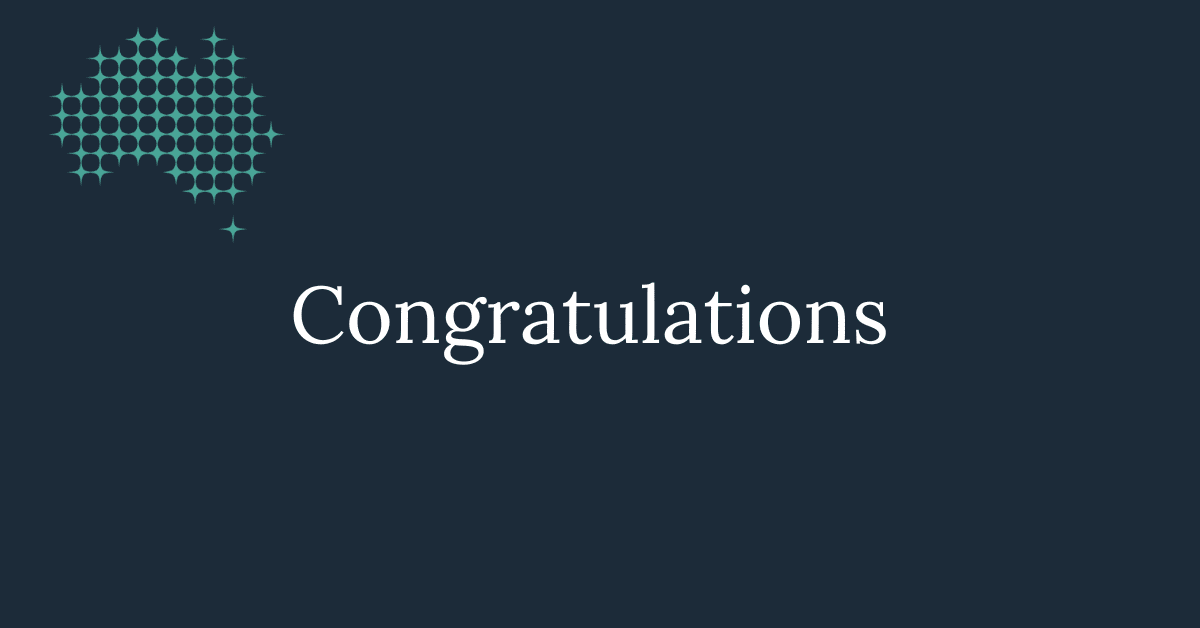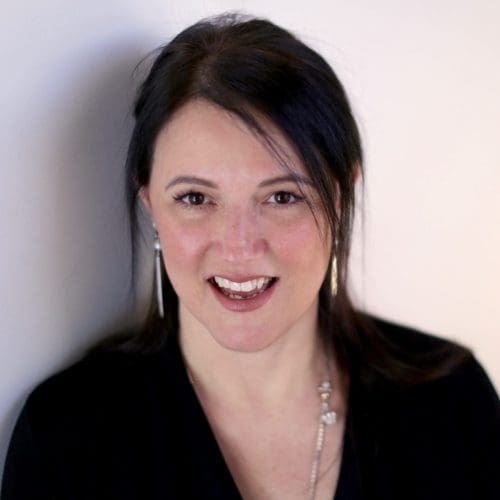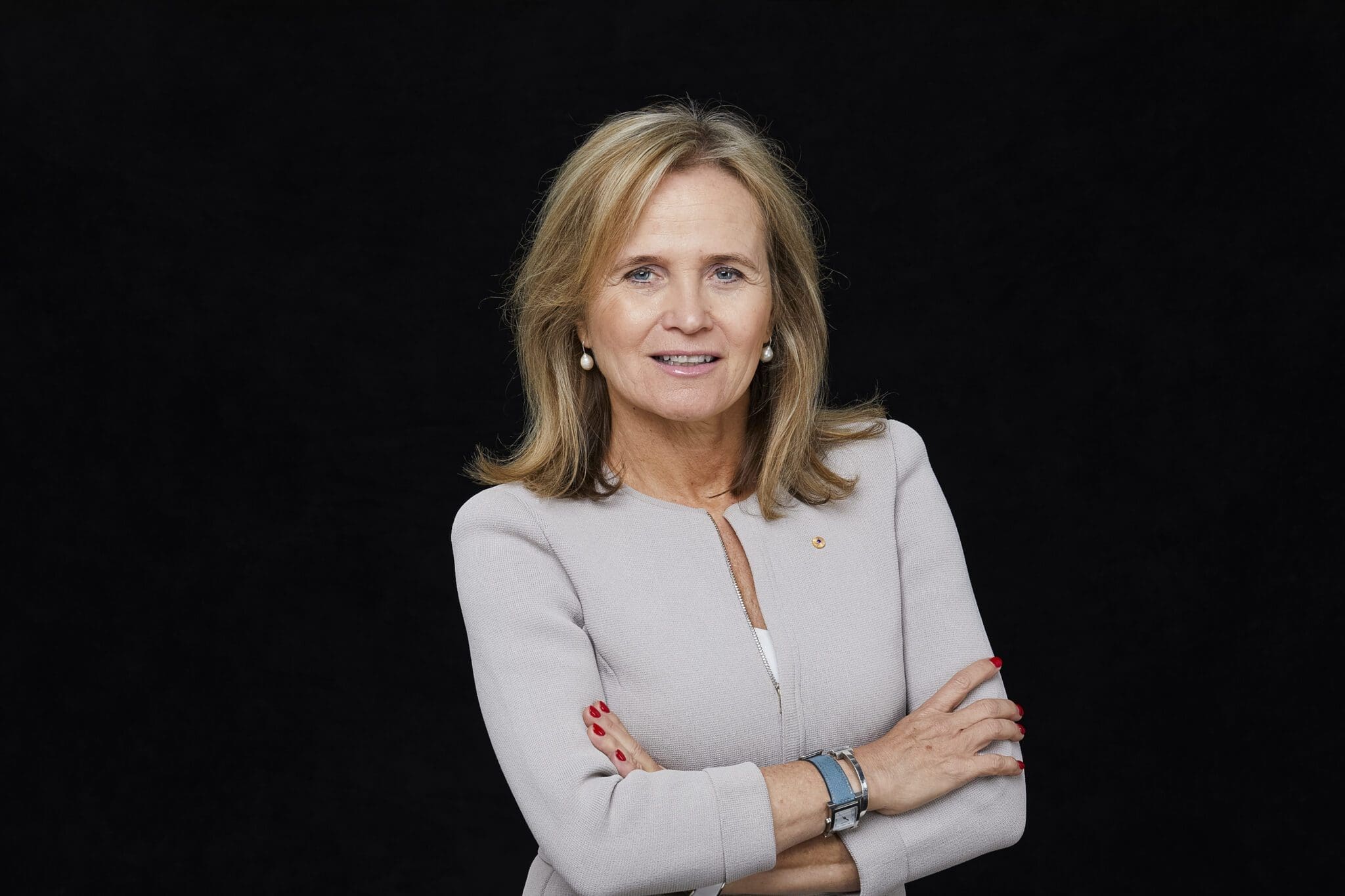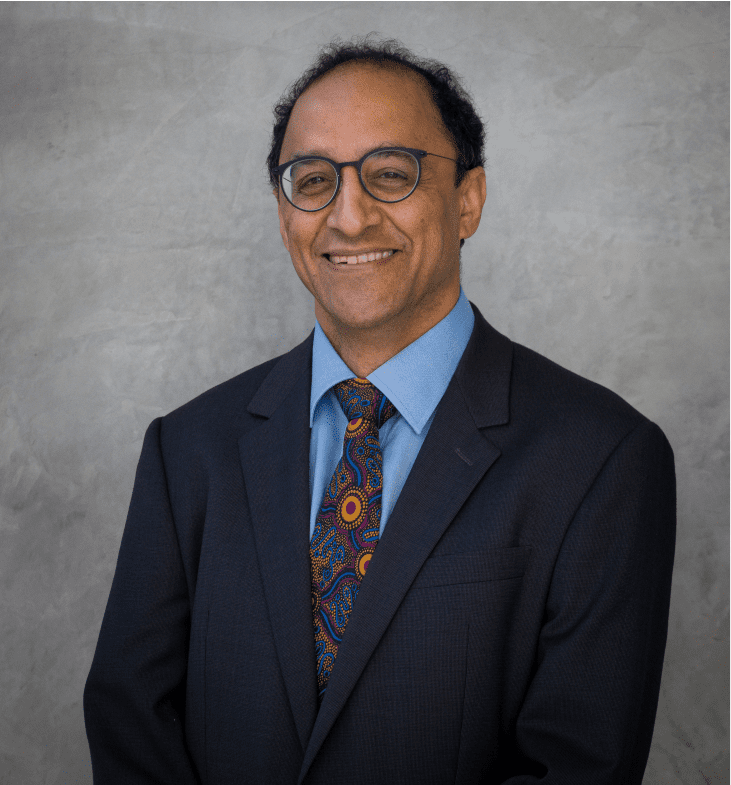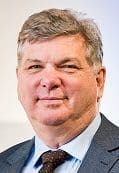Four AAHMS Fellows have been inducted into the Australian Academy of Science (AAS), in recognition of their significant scientific contributions.
The Academy warmly congratulates them on this outstanding achievement. The new joint Fellows, and their citations on election, are:
Mariapia Degli-Esposti is an immunologist whose work has provided seminal insights into the immune system’s response to viruses. She defined cellular and molecular mechanisms that enable pathogen protection whilst limiting immunopathology. Her work revealed novel interactions and immunoregulatory functions of Natural Killer cells, how they limit inflammation and influence the development of autoimmunity. Her studies also addressed the breadth of responses required for effective anti-viral immunity and uncovered the importance of strain-specific antibodies in protecting against viral reactivation and disease. Her work has provided fundamental knowledge into the functioning of the immune system and components that could be harnessed therapeutically.
Sharon Lewin is recognised globally for her leadership in infectious disease, basic virology and the search for a cure for HIV. Her seminal research established laboratory models to study HIV latency, developed novel assays to quantify the viral reservoir, and identified interventions to reverse HIV latency in patients. Her work has had a major impact on our fundamental understanding of HIV and its clinical management. As Director of the Doherty Institute, she has been a leader in Australia’s response to the COVID-19 pandemic and its public communication.
Pankaj Sah is a neuroscientist who has made seminal contributions to understanding the function and neural connections of the amygdala, a region of the brain that has a central role in processing emotions. He defined the types and properties of neurons and identified interneurons within the amygdala, and found novel synaptic plasticity types, which have changed understanding of how interneurons regulate the amygdala, and emotional memory processing and storage. Sah’s work has resulted in fundamental new insights into anxiety-related disorder pathophysiology and therapeutic targets. The international reputation of the Queensland Brain Institute in neuroscience has grown under his leadership.
Andrew Wilks is an oncologist and cancer cell biologist. Working at the Ludwig Institute for Cancer Research (Melbourne) from 1988 to 1998, he led the Growth Regulation Laboratory. He and his laboratory made transformative discoveries in the signal transduction field as well as in neurogenesis and angiogenesis. Wilks has completed a rare “trifecta” – discovering and patenting a number of important drug discovery targets (viz. JAK1 and JAK2) and defining their role(s) in cytokine signalling; founding one of Australia’s most successful biotech companies, Cytopia; and co‐inventing and leading the team that delivered the therapeutic JAK inhibitor, momelotinib.
New Fellows are elected annually to the AAS by their peers. Fellows must demonstrate ground-breaking research and scientific contributions that have had clear impact.
Read more about the AAS’s 20 new Fellows on their website.

